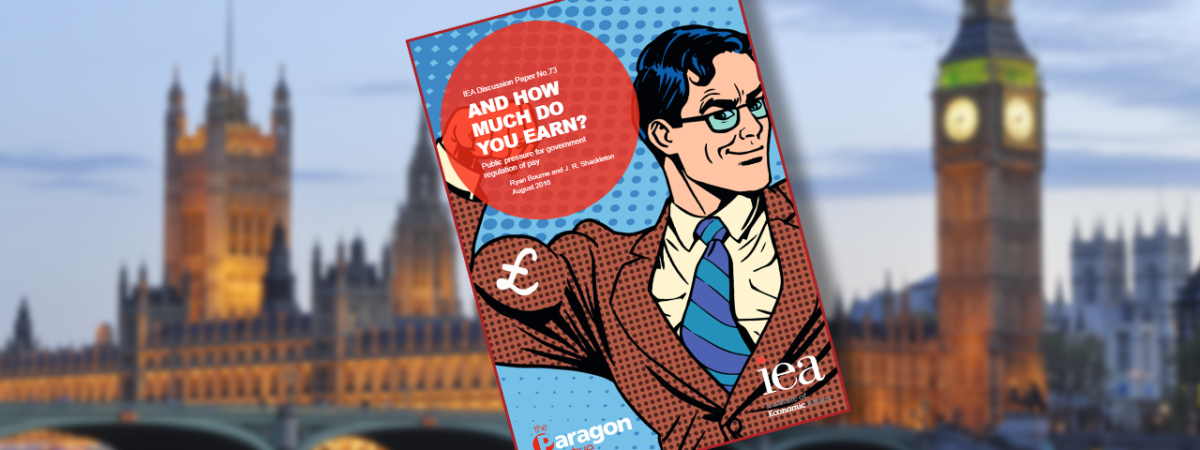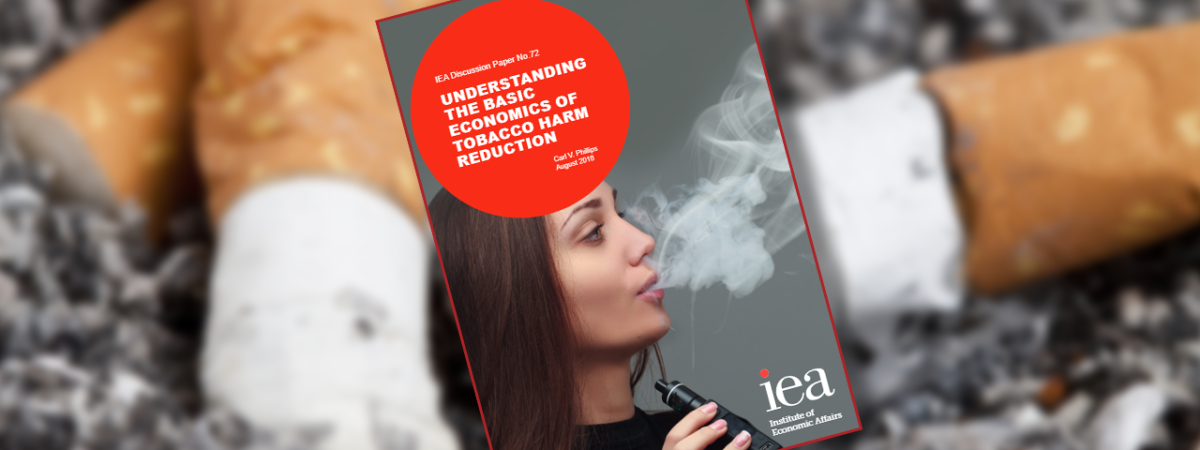The Sugar Levy: A Briefing
SUGGESTED

Political intervention in wage-setting risks damaging UK employment

Minimising taxes on low risk tobacco products will improve public health

New IEA briefing shows sugar levy will cost taxpayers billions
- In March 2016, George Osborne announced a ‘sugar levy’ on soft drink companies to start in April 2018. Under this policy, companies will be taxed on sales of medium and high sugar drinks (excluding fruit juice and milk-based drinks).
- As an anti-obesity policy, the sugar levy seems arbitrary. Consumption of both sugar and sugary drinks has been falling for years while obesity has been rising. Soft drinks make only a small contribution to average calorie intake. Comparisons between European countries show no correlation between sugary drink consumption and obesity.
- There is unambiguous evidence that ‘sin taxes’ of this sort take a greater share of income from the poor than from the rich. Since low income groups tend to buy larger quantities of SSBs, the impact of the sugar levy will be particularly regressive.
- The Office for Budget Responsibility says the levy will increase inflation by a quarter of a per cent in 2018-19 thereby adding £1 billion to accrued interest payments on index-linked gilts. The inflationary effect will raise the cost of index-linked salaries, pensions and benefits by many millions of pounds. The levy will also require additional funding for enforcement and administration. For the first few years, at least, the sugar levy will be loss-making.
- Hopes of extensive reformulation to reduce sugar content in the soft drink market are highly unrealistic. There is no more sugar to be removed from diet drinks and companies will not change the recipe of their popular original brands. Instead, the levy gives companies the perverse incentive to raise sugar levels up to the threshold of each tax bracket.
To read the press release, click here.
This briefing featured in The Times, The Sun and Spectator Health.
Fullscreen Mode




